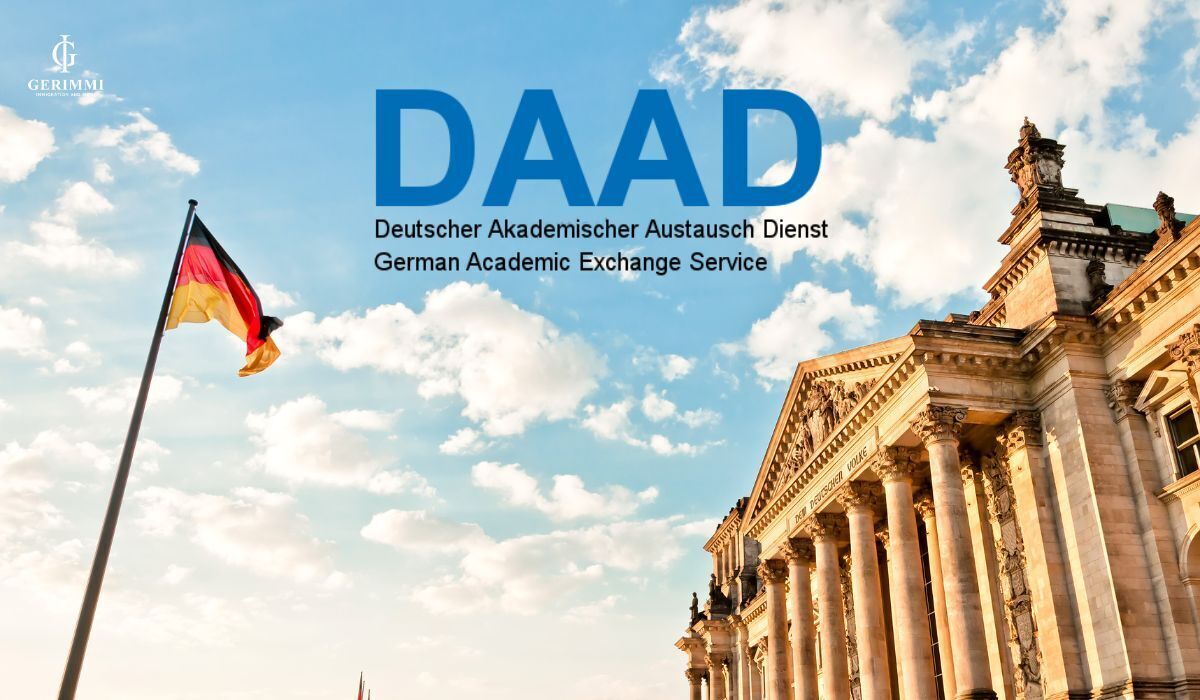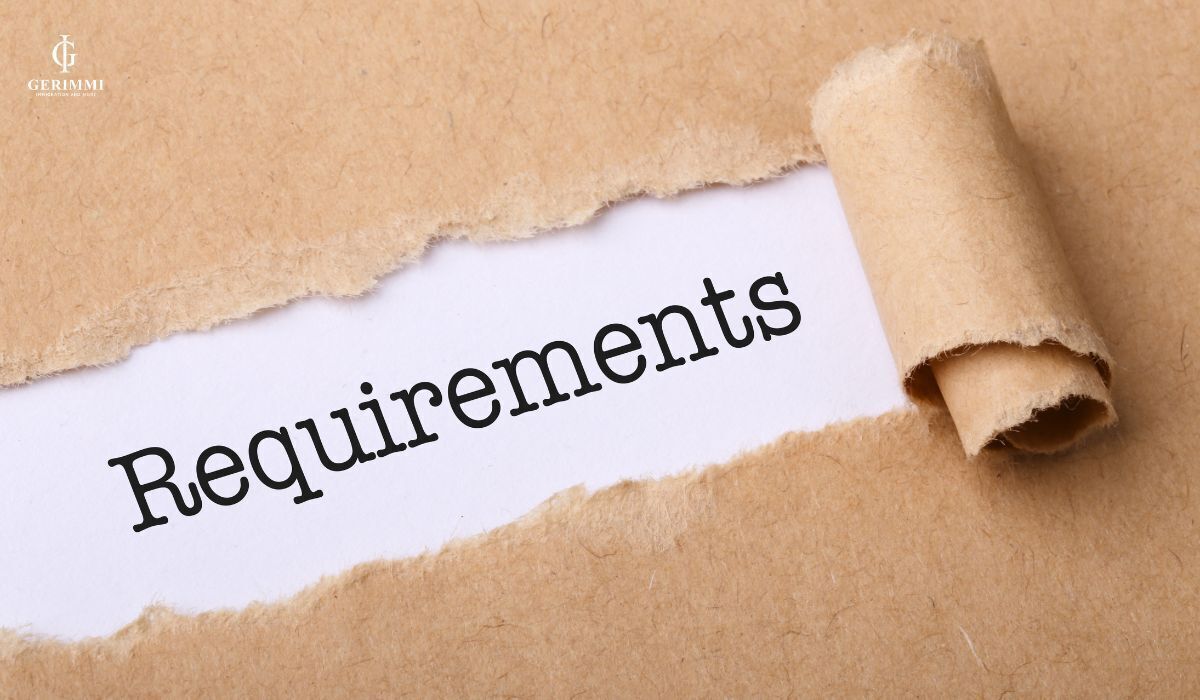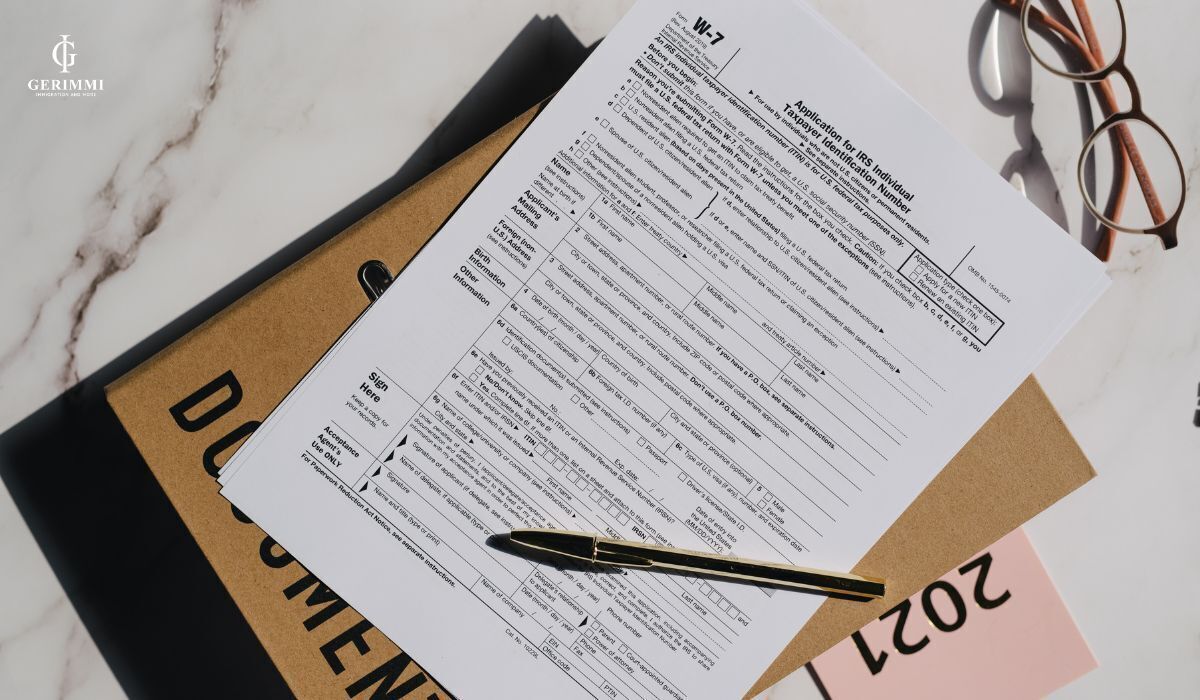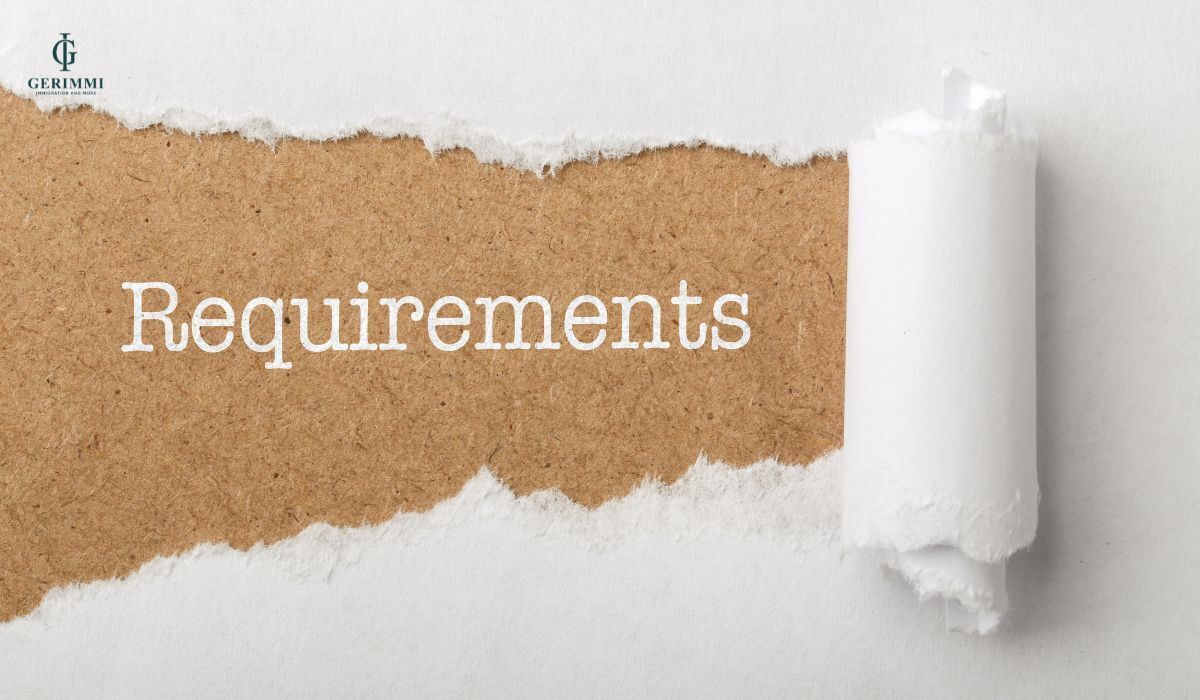Scholarships to study in Germany are always an attractive target for many Vietnamese students thanks to the top quality of education and opportunities for international career development. Among them, DAAD scholarships and Erasmus+ scholarships stand out with generous financial support, flexible conditions and prestigious university networks.
I. What is a DAAD scholarship?
DAAD Scholarship (Deutscher Akademischer Austauschdienst - German Academic Exchange Service) is the largest financial support program of the German government for international students who want to study at German universities, masters, doctorates or participate in short-term research courses.
The DAAD program not only provides tuition support but also includes living allowance, health insurance and travel expenses, allowing students to focus on their studies and research. With many different DAAD programs, applicants can choose a full or partial scholarship that suits their field of study, level and career goals.
In particular, DAAD scholarships are not limited to specific fields but are open to many fields such as engineering, natural sciences, medicine, economics, society and arts. This is a great opportunity for those who want to experience advanced education, seek job opportunities in Europe, improve foreign language skills and expand international networks.

II. Conditions and documents required to prepare for DAAD scholarship
1. DAAD scholarship conditions
- Excellent academic performance
Applicants should have graduated from university with a good GPA or above (usually 7.5/10 or equivalent). This is an important factor to demonstrate academic ability and meet the requirements of DAAD programs and affiliated German universities. A high score will help your application stand out from thousands of other applicants.
- International standard foreign language certificate
Most programs require English certificates such as IELTS with a minimum score of 6.5, TOEFL iBT with a minimum score of 80, or German such as TestDaF, DSH depending on the field of study. The higher the language level, the more it demonstrates your ability to integrate and study in Germany, and at the same time, it helps you feel confident when interviewing or writing a motivation letter.
- Degree relevant to the registered field of study
Applicants for a master’s degree need a bachelor’s degree, while those for a doctorate require a master’s degree. Some fields may require applicants to have at least 1–2 years of relevant research or work experience to ensure the applicability of the study plan and demonstrate seriousness in career orientation.
- Invitation letter or acceptance letter from German university
Many DAAD programmes require applicants to have an acceptance letter from a German university or professor. This is important evidence that your study plan is feasible and well-oriented, and that you have actively connected with the international academic environment.
- Research experience and extracurricular activities
Candidates who have participated in scientific projects, research publications, volunteer activities or community projects related to the field of application are often highly valued. This is a way to prove that you are able to contribute to the German academic environment and are ready to become a cultural ambassador during your studies abroad.

2. DAAD scholarship application
- DAAD Scholarship Application
Applicants must fill in their personal information, academic achievements, research objectives and study plan in full on the DAAD online system. A clear and coherent presentation will help the board evaluate quickly and accurately, and create a professional impression right from the first step.
- Transcripts and diplomas
All documents must be translated into English or German and notarized. A detailed transcript helps the board understand your studies and abilities, and ensures the transparency of the application.
- Motivation letter
This is an important document that explains why you have chosen a scholarship to study in Germany, your study goals, your career plans after graduation and how you intend to contribute to the international academic community. An impressive, authentic and clearly structured motivation letter will help you stand out to the admissions committee and convey your passion and desire to study.
- Letter of recommendation
At least 1-2 letters of recommendation from lecturers, professors or managers who have worked or taught you are required. The content of the letters should mention the candidate's academic ability, research skills, teamwork spirit and learning attitude, helping to increase the reliability and persuasiveness of the application.

- Research plan or thesis outline
For masters and doctoral programs, a clear and specific research plan will demonstrate the feasibility of the topic and your level of preparation. This is also an important factor for German professors to decide to grant an acceptance letter, and at the same time reflects the candidate's ability to be independent and creative.
- Academic CV
Present your education, research achievements, scientific works, work experience and extracurricular activities. A concise but complete CV will help the board have a comprehensive view of your abilities and potential, and increase the possibility of being invited for an interview.
- Valid foreign language certificate
Provide original or notarized copies of IELTS, TOEFL, TestDaF, DSH certificates as required by each program. This is proof of language ability, helping you feel confident during your studies and life in Germany, as well as ensuring your ability to keep up with international study progress.
III. Secrets to successfully hunting for DAAD scholarships
IV. What is an Erasmus+ scholarship?
Erasmus+ Scholarship is an international scholarship program funded by the European Union (EU), supporting students, graduate students, researchers and lecturers to participate in courses, research or academic exchanges in many European countries, including studying in Germany.
The special feature of the Erasmus+ program is that scholarship recipients can study and experience at 2-4 universities in different European countries, instead of being limited to just one university. Applicants will be supported with all or most of the costs including tuition fees, living expenses, travel expenses and health insurance.
Erasmus+ scholarships are suitable for many fields such as social sciences, engineering, information technology, economics, health and environment. With high funding levels and flexibility, this program has become the target of many Vietnamese students studying in Germany and other European countries.

V. Conditions and documents required to prepare for Erasmus+ scholarship
- Excellent and stable academic performance
Applicants should have a good GPA or better (usually 7.0/10 or equivalent to GPA 3.0/4.0) to demonstrate academic ability. This is an important criterion for the review board to assess the ability to absorb the rigorous international European program.
- International standard foreign language certificate
Most Erasmus+ programmes require English with a minimum IELTS score of 6.5 or TOEFL iBT score of 80 or higher. Some study programmes atGerman universityor other European countries may require additional German language certificates such as TestDaF, DSH or French depending on the joint program.
- Degree relevant to the registered field of study
Applicants must have a bachelor’s degree for a master’s degree and a master’s degree for a doctorate. In addition, some programs also encourage applicants to have 1–2 years of research or work experience to increase the applicability and practicality of the research topic. Choosing a major that is appropriate to the degree and career orientation.
- Clear study plan and career goals
Applicants must demonstrate their suitability for the Erasmus+ program through a detailed study plan with a career orientation after graduation. The Selection Board highly values plans that contribute to the academic community, society or economy of the host country as well as Vietnam.
- Extracurricular activities and international experience (if any)
Participation in community projects, student exchange programs, international research or volunteer activities related to your field of study will help your profile stand out. This is a way to demonstrate that you not only have academic ability but also soft skills, leadership ability and international cooperation spirit.

VI. Secrets to successfully hunting for Erasmus+ scholarships
- Erasmus+ Scholarship Application
Fill in your personal details, academic achievements, study plan and reasons for choosing the program on the Erasmus+ online system. Be clear, accurate and avoid mistakes to create a professional impression right from the start.
- Transcripts and diplomas
All documents must be translated into English or German and notarized to ensure legality. A detailed transcript helps the board understand your academic ability, major subjects and training process.
- Motivation letter
This is the most important document, clearly stating the reasons for choosing Erasmus+, your study goals, career aspirations and how the programme will help you achieve them. Onemotivation letterImpressive, personalized and inspirational can determine your chances of getting a scholarship.
- Letter of recommendation
At least 1-2 letters from professors, lecturers or direct managers are required, affirming your academic ability, research skills, teamwork ability and learning attitude. Strong letters of recommendation from reputable people will increase the persuasiveness of your application.

- Academic CV
Include your education, research, achievements, scientific projects or extracurricular activities. Your CV should be concise, logical and emphasize achievements related to your field of study.
- Research plan or thesis outline
For master's and doctoral candidates, a clear and feasible research proposal will help the council see serious preparation and create a basis for European professors to consider granting an acceptance letter.
- Valid foreign language certificate
Provide original or notarized copies of IELTS, TOEFL or equivalent certificates as required by each program.
VII. Frequently asked questions when hunting for scholarships to study in Germany
1. Is it difficult to get a scholarship to study in Germany?
Hunting for scholarships in Germany such as DAAD or Erasmus+ scholarships is highly competitive due to the large number of applicants and strict requirements on scores, foreign languages, as well as study plans. However, if you have excellent academic records, prepare your scholarship application early and clearly demonstrate your career orientation in your motivation letter, the opportunity to receive a scholarship is still very feasible.
2. What foreign language certificate is required to apply for a scholarship?
Most programs require a minimum IELTS score of 6.5 or a TOEFL iBT score of 80 or higher. Some German-taught programs also require a TestDaF or DSH certificate. Preparing early and achieving a high score will help your application stand out and will also help you in interviews and studies.
3. Can I apply for multiple scholarships at the same time?
You can absolutely apply to multiple programs such as DAAD, Erasmus+ or scholarships from individual German universities to increase your chances of being accepted. However, each scholarship has its own requirements, so you need to prepare appropriate documents and adjust your motivation letter for each program to avoid being judged as a copy.
Conclusion
Winning a DAAD or Erasmus+ scholarship requires early preparation, a clear strategy and perseverance from the application stage to the interview. By thoroughly researching the program, practicing your foreign language and taking advantage of the experiences of Vietnamese students studying in Germany, you can completely make your dream of studying in Europe come true.

